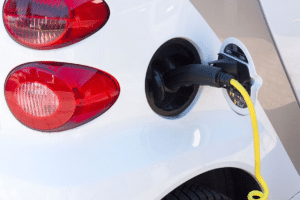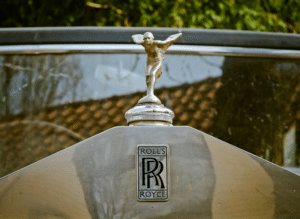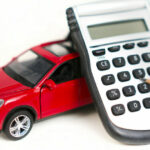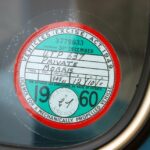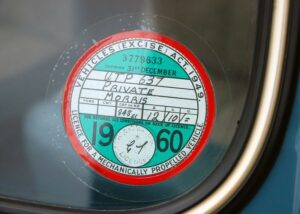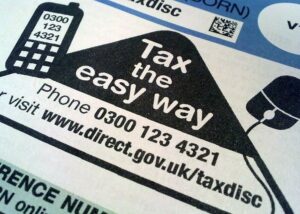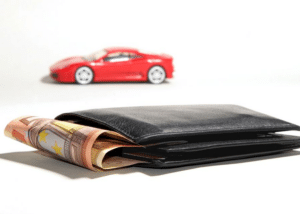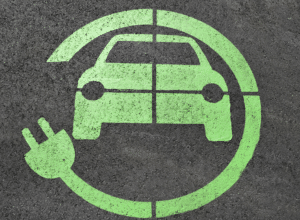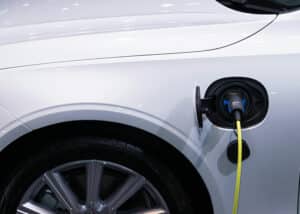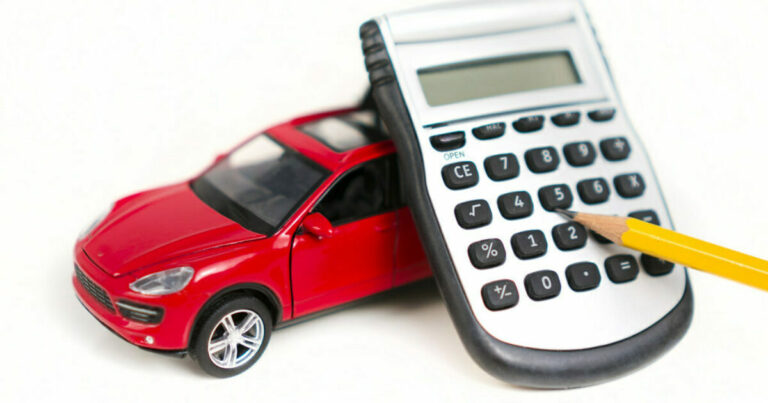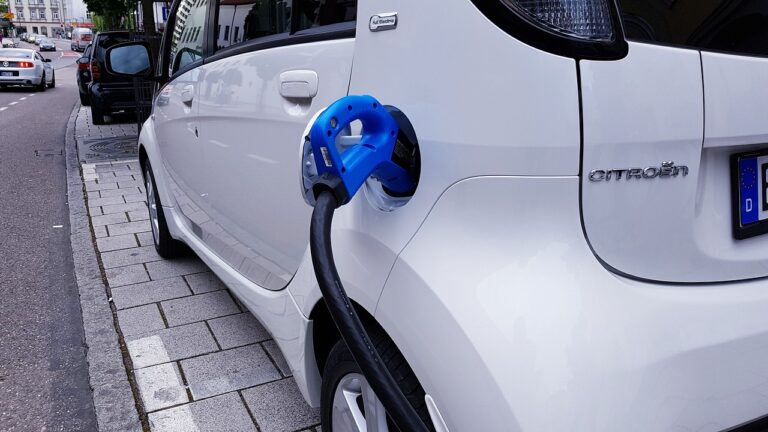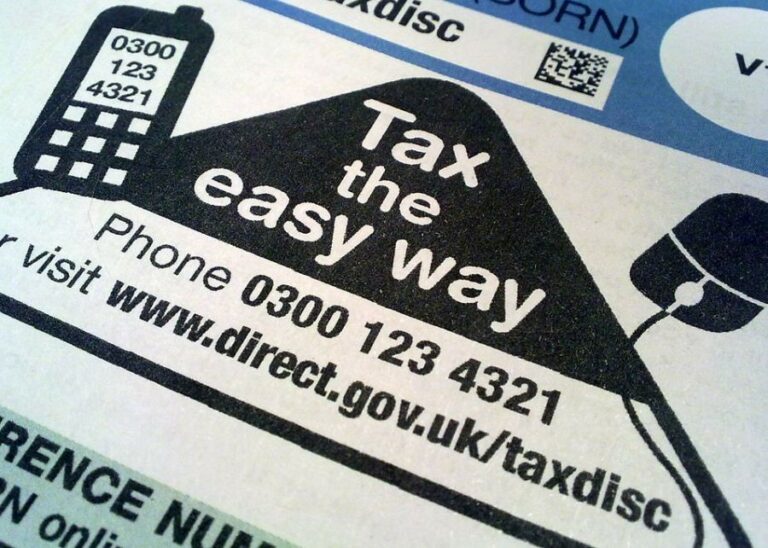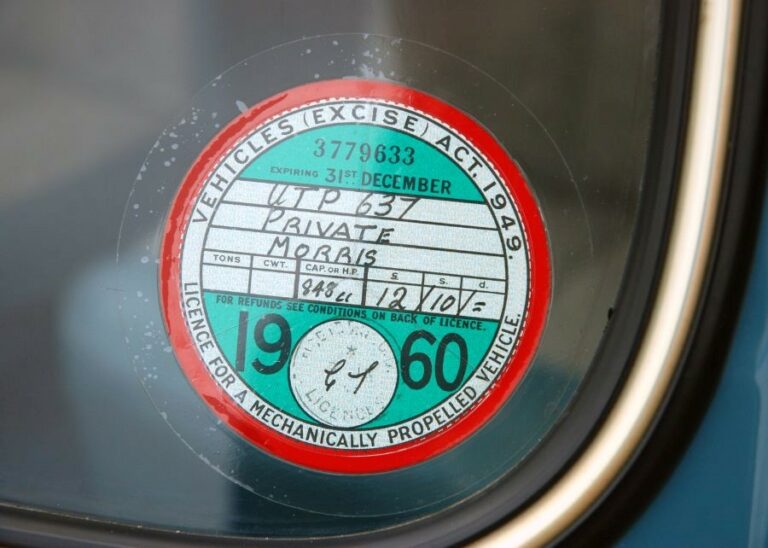What is a VIN Number and why is it Important?
Did you know that every car on the road has its own unique VIN number? It may seem like a puzzling acronym at first, but your car’s vehicle identification number is important for your car. So what is a VIN number and why is it important? Here’s everything you need to know about this unique ID number.
What is a VIN?
All cars have a 17-digit number stamped into the chassis of your car, which is referred to as the Vehicle Identification Number (VIN) or the chassis number and you can use this to uniquely identify your vehicle. It is issued during the production of a car and will remain assigned to that car forever, says Free Car Check.
The VIN number is split into three parts; the first identifies the country and the vehicle manufacturer, the second part of the number relates to the vehicle description and the third is the unique identifier for the vehicle.
It can help to think of the VIN a bit like a fingerprint for your car in that it identifies the type of car and where it was made, as well as indicating any safety issues or recalls on the car and its manufacturer, according to Sell Your Motors. If you’re buying a used vehicle, it can be handy to check the VIN number on a car to make sure everything is legit.
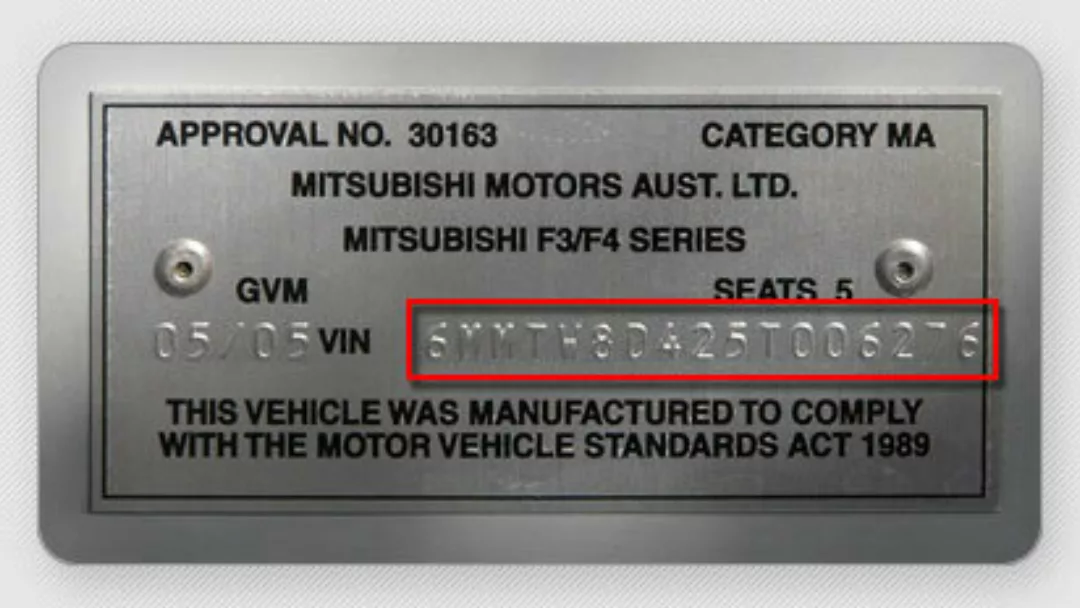
Where can you find a VIN?
Generally, you should be able to find your vehicle’s VIN stamped into the chassis of your vehicle, which is found in the engine bay or beneath the plastic trim around the driver or passenger door opening, according to the RAC.
Car manufacturers often repeat the VIN in other areas of the vehicle too. For example, near the bottom of the windscreen is where most models in the UK will have the VIN visible. You may also be able to see it on the spare tyre, the driver-side door, and the rear tyre too. Alternately, you might be able to see the VIN easier by standing outside the vehicle and looking through the windshield, says Wikihow.
You may also be able to see your vehicle’s VIN listed on your car’s title, registration, owner’s manual, or insurance documents. If for some reason, you can’t find the VIN whatsoever, you can call the dealership or manufacturer, and provide them with the make and model of your car, and they should be able to tell you where the VIN is located for you.
When should you check a car’s VIN?
When buying a used car, this is the time to check your VIN before making a purchase, especially when you’re buying from a private seller. There are various online tools for doing a VIN number check in the UK, such as VIN Info and VIN Check.
You can also check the printed VIN on the V5 vehicle registration document that it matches the number stamped into the car’s chassis – and also that it matches the number on any other plates located on the car, says the RAC. If you’re the one selling your car to a potential buyer, if you share your VIN with them you will be putting their minds at rest and giving them confidence you’re a legitimate seller, according to News.Motors.
Can you get VIN from a Reg?
Vehicle registration agencies record all the details about our vehicle against its VIN and vehicle registration numbers. You can also check your VIN number from your registration plate number too.
You can also find your VIN number from your registration plate by using the reg number, but while doing so online, you’ll only get the last 5 digits of the VIN (as per UK law to maintain anonymity), says Cardotcheck. According to the Auto Expert, this is because the DVLA data disclosure laws restrict us not to reveal all 17 digits of the VIN.
Is the VIN number the same as the chassis number?
You’ll be pleased to know that the VIN number and your chassis number are the same thing. The two are interchangeable and the car’s VIN number is sometimes referred to as the chassis number or the car’s unique identity code. You’ll always be able to find your existing chassis number on your car frame, usually on the base frame of your vehicle and often stamped on other parts of your car too.
Did you know that car engines also have numbers too? They aren’t fixed to your vehicle, which means like other components, they can be changed, according to News.Motors. Car engine numbers are useful if you ever find yourself needing to replace your engine for a new one, and your car receives a new engine number. In this instance, you’d receive a new engine number and your VIN number would stay the same.
Jamjar.com makes selling your car quick, easy, and hassle-free. By comparing offers from a trusted network of UK car buyers, you get the best price without the stress of negotiating or haggling. There are no hidden fees, no obligation to sell, and the entire process is 100% online. Whether your car is nearly new or well-used, Jamjar helps you sell it fast and for a fair price—saving you time and effort.



















